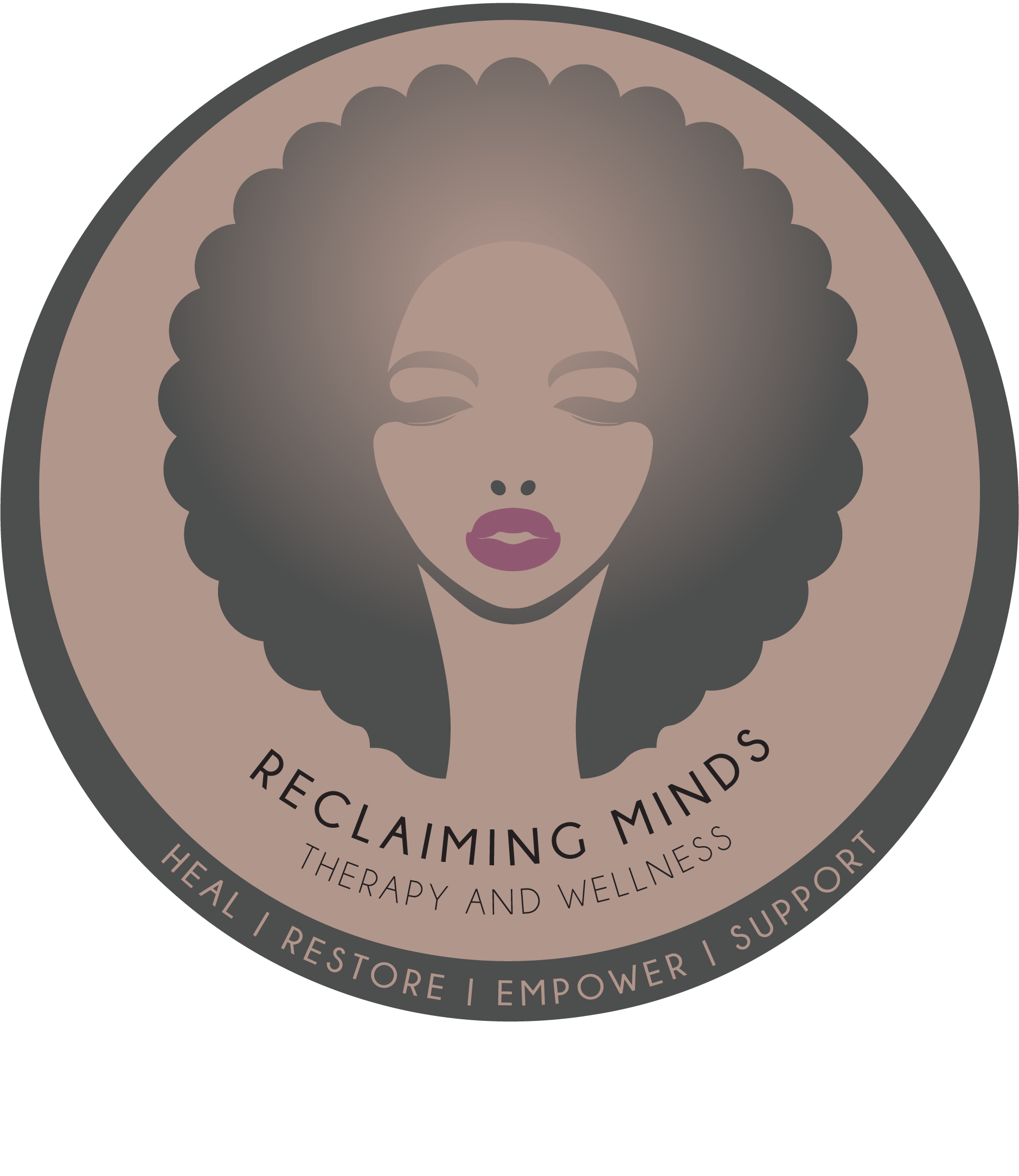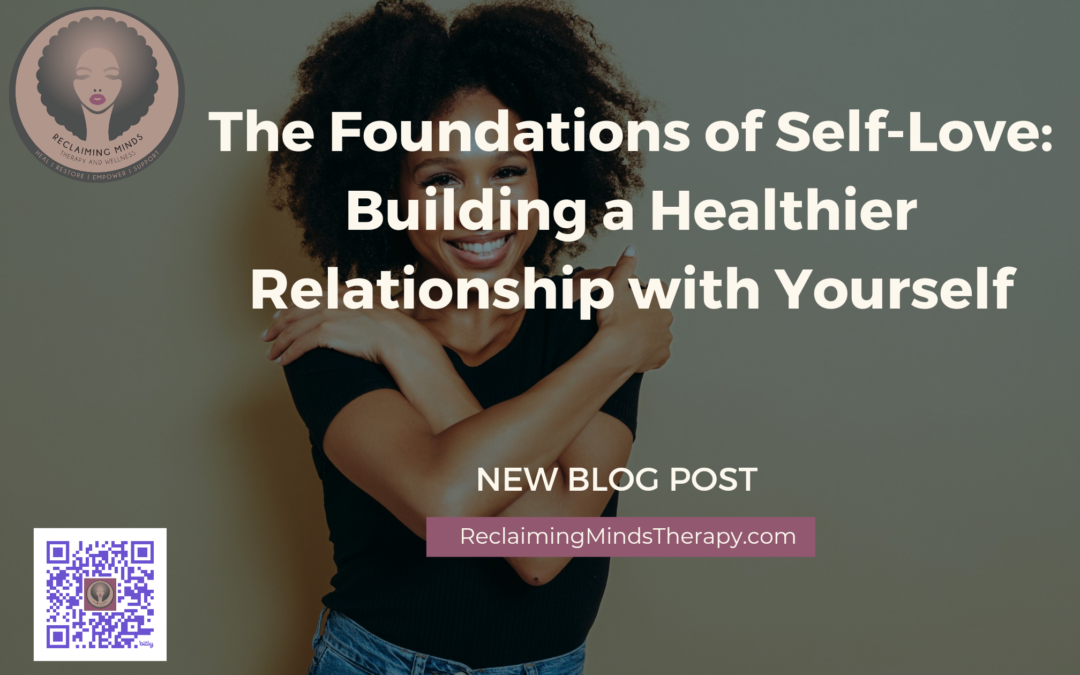Self-love is a term that often gets thrown around, but its true meaning and importance can sometimes be lost in the noise. At its core, self-love is about accepting and appreciating yourself for who you are, both the good and the not-so-good parts. It’s the foundation upon which a healthy, fulfilling life is built. Without it, we often find ourselves struggling in various aspects of our lives, from our relationships to our careers.
What is Self-Love?
Self-love is more than just a trendy buzzword; it’s a deep, ongoing process of self-acceptance, self-compassion, and self-care. It involves recognizing your worth, understanding your needs, and taking steps to meet those needs in a kind and loving way. When we love ourselves, we create a space within that fosters growth, resilience, and happiness.
Signs You May Be Lacking Self-Love
Despite its importance, many of us struggle with self-love. Here are three key indicators that self-love might be lacking in your life:
Negative Self-Talk: If you find yourself frequently engaging in harsh, critical inner dialogue, this may be a sign that self-love is not being nurtured. Phrases like “I’m not good enough,” “I always mess up,” or “No one really cares about me” can become deeply ingrained and damaging over time.
Poor Boundaries: Without self-love, it’s difficult to set and maintain healthy boundaries. You may find yourself saying “yes” when you want to say “no,” or putting others’ needs ahead of your own to the detriment of your well-being.
Fear of Failure: When you lack self-love, the fear of failure can be paralyzing. You may avoid taking risks or trying new things because you’re afraid of not being perfect or disappointing others.
3 Ways to Cultivate Self-Love
If you’ve recognized some of these signs in yourself, the good news is that self-love is something you can build and nurture over time. Here are three practical ways to cultivate more self-love in your life:
Practice Positive Affirmations: Rewriting the narrative in your mind can significantly impact how you feel about yourself. Start each day with positive affirmations such as “I am worthy,” “I deserve love and respect,” or “I am capable of achieving great things.” Over time, these affirmations can help to replace negative self-talk with a more compassionate and empowering internal dialogue.
Set Healthy Boundaries: Learning to say “no” is one of the most powerful acts of self-love. By setting boundaries, you’re not only protecting your energy but also teaching others how to treat you. Take small steps, like saying “no” to commitments that don’t serve you, and gradually build up to more significant boundary-setting actions.
Engage in Self-Care Rituals: Self-care isn’t just about pampering yourself; it’s about taking intentional actions that support your physical, emotional, and mental well-being. This could be as simple as taking a walk in nature, journaling your thoughts, or spending time with loved ones who uplift you. Regularly engaging in self-care reinforces the idea that you are valuable and deserving of care.
Conclusion
Self-love is the foundation of a healthy, fulfilling life. When it’s lacking, it can manifest in ways that hinder your growth and happiness. However, by recognizing the signs and taking intentional steps to cultivate self-love, you can begin to build a more compassionate and empowering relationship with yourself. Remember, self-love is not a destination but a journey—one that is worth taking every single day.
By focusing on these strategies, you’re laying the groundwork for a stronger, more resilient self, ready to face life’s challenges with confidence and grace. Prioritizing self-love is an ongoing practice, but the rewards are immeasurable.
For more insights on mental wellness and cultivating self-love, explore our other blog posts or schedule a session with one of our therapists at Reclaiming Minds Therapy and Wellness. We’re here to support your journey to becoming your best self.


Recent Comments